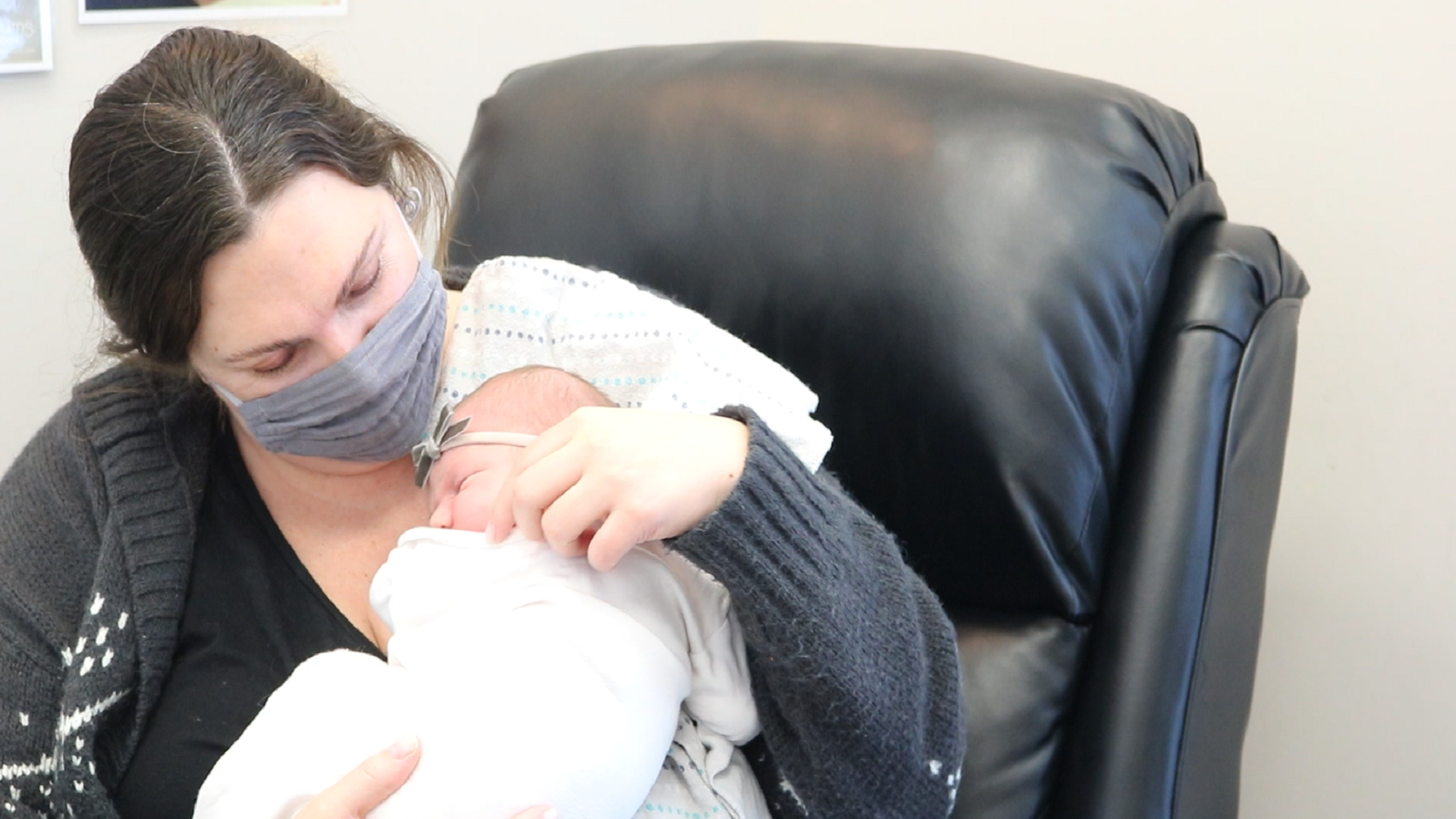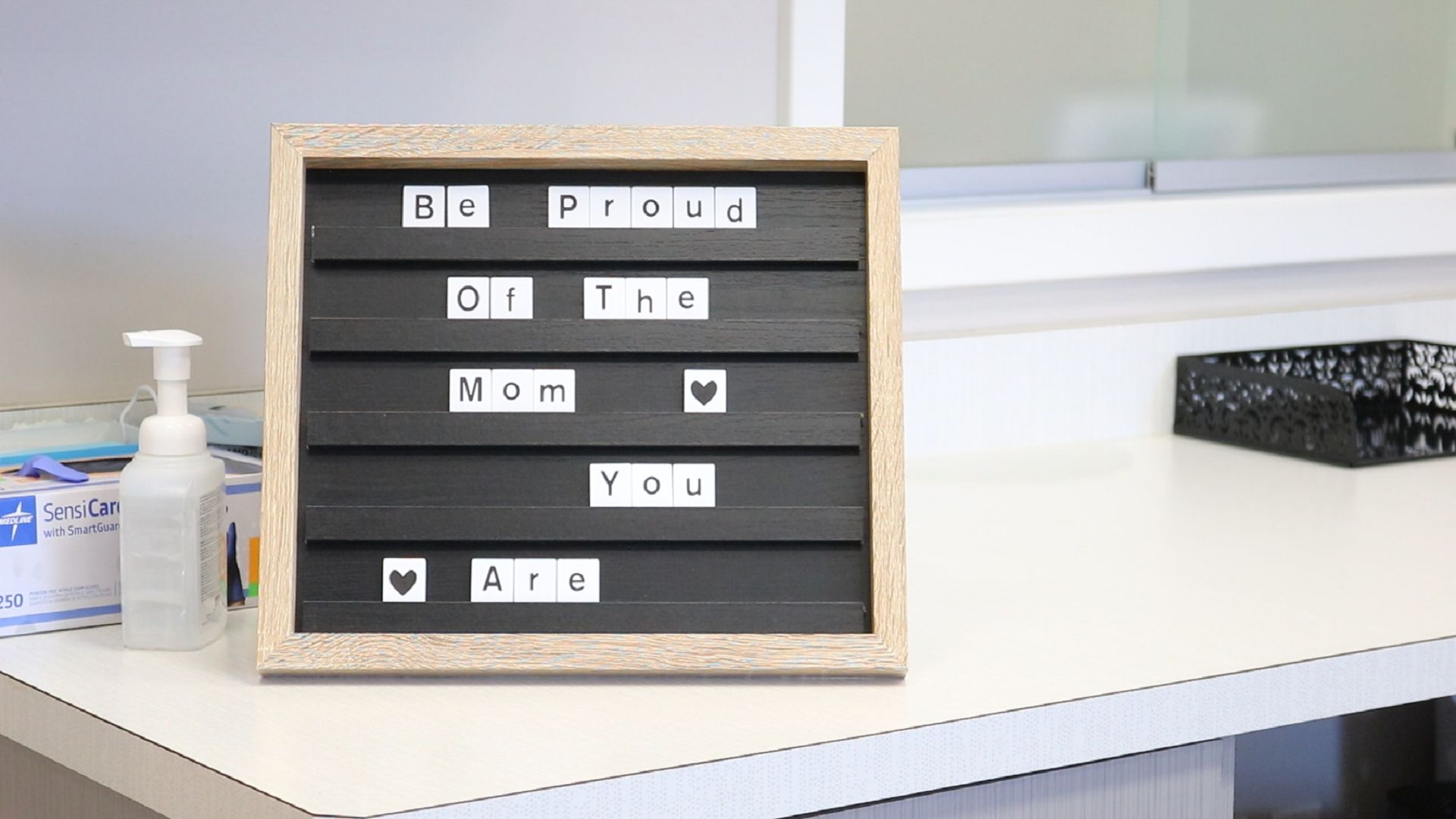
Midwifery in Southern Alberta: thriving interest and practice in maternal care
LETHBRIDGE, AB. — Midwifery has been in practice for centuries all over the world. Before the advent of hospitals and obstetrics, it was a midwife who was called upon to deliver babies, particularly on the wide-open prairie, where a nearby doctor was out of the realm of possibility. Frequently, the skill of a midwife was dependent on what she was taught by other women or her own experience as a mother.
While the use of midwives never really stopped, the practice waned in early twentieth century, as many mothers opted for hospital births.
However, childbirth is not an illness that requires a hospital stay and society has witnessed a resurgence in the practice over the past few decades. Modern day, highly skilled midwives have paved the way for natural, at-home birthing. In the 1990’s midwifery became a legally recognized profession in Canada, and it’s come a long way in helping create new education for future midwives.
In order to become a registered midwife, one must complete an in-depth education program from the College of Midwives of Alberta or receive a degree from one of several university’s offering midwife programs across Canada.






